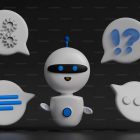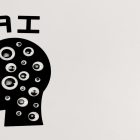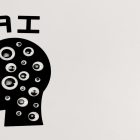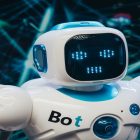Artificial Intelligence vs Human Intelligence: Who Will Win the Battle?
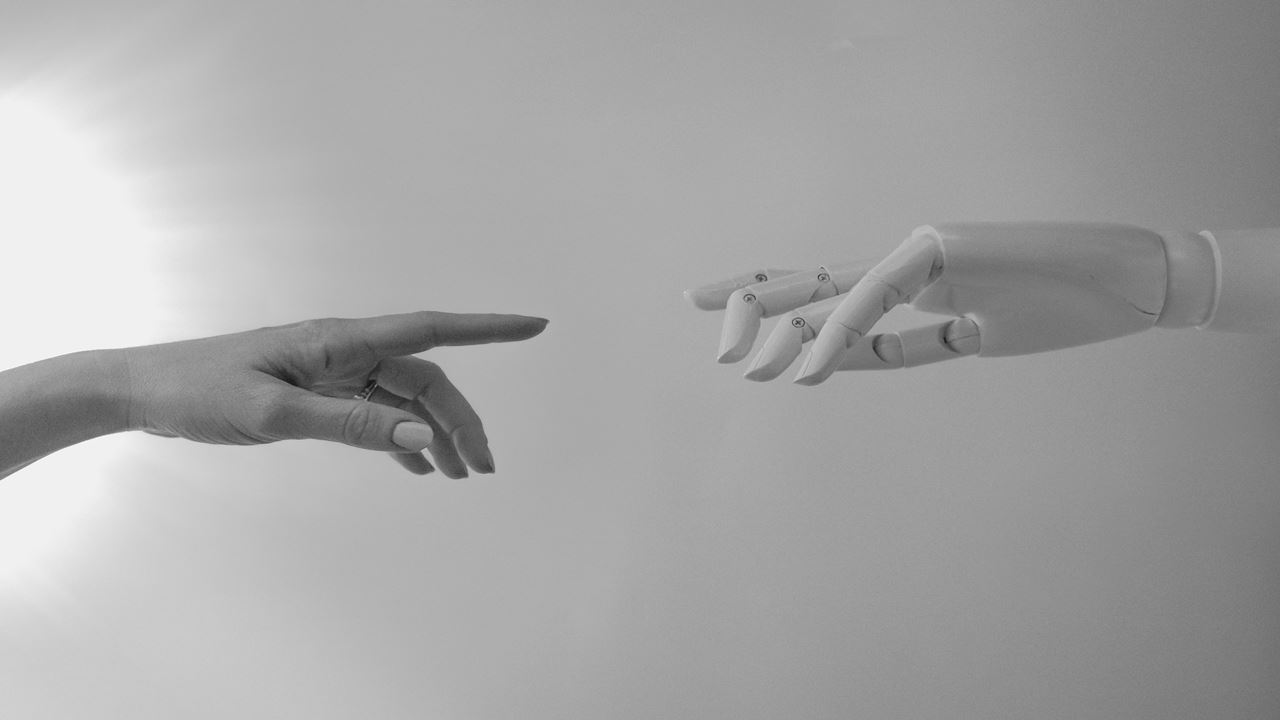
Artificial Intelligence vs Human Intelligence – In the world of technology and innovation, Artificial Intelligence (AI) has become a buzzword. It is no longer limited to science fiction movies or research labs. Today, AI is being used in almost every industry, from healthcare to finance, from transportation to education. It is changing the way we live, work, and interact with the world around us. But as AI continues to evolve and become more advanced, one question arises – Artificial Intelligence vs Human Intelligence: Who Will Win the Battle? Let’s dive into the details.
Introduction
AI is a branch of computer science that deals with building intelligent machines that can perform tasks without human intervention. It involves creating algorithms and programming computers to learn from data and make decisions based on that data. On the other hand, human intelligence is the ability of humans to think, reason, and solve problems. It involves complex cognitive processes like perception, attention, memory, language, and reasoning.
While AI has come a long way in recent years, it still has some limitations. For example, AI systems are only as good as the data they are trained on. They cannot think creatively or make decisions based on emotions, intuition, or experience. Human intelligence, on the other hand, is far more versatile and can adapt to changing situations, think creatively, and learn from experience.
Artificial Intelligence vs Human Intelligence: The Differences
There are several differences between AI and human intelligence. Let’s take a closer look at some of them.
Creativity
One of the biggest differences between AI and human intelligence is creativity. While AI systems can generate new ideas or designs based on existing data, they cannot create something entirely new. They cannot think outside the box or come up with unique solutions to problems. Human intelligence, on the other hand, is capable of creativity and innovation.
Emotions
Another difference is emotions. While AI systems can recognize emotions in humans and respond accordingly, they cannot experience emotions themselves. Human intelligence, on the other hand, is driven by emotions and can make decisions based on feelings and intuition.
Flexibility
AI systems are designed to perform specific tasks and are not flexible enough to adapt to changing situations. Human intelligence, on the other hand, is highly adaptable and can learn new skills and adapt to new environments.
Learning
AI systems are programmed to learn from data and improve their performance over time. However, they can only learn from the data they are trained on and cannot learn from experience or intuition. Human intelligence, on the other hand, can learn from both data and experience.
Advantages of AI
Despite the differences between AI and human intelligence, several advantages of AI make it an attractive option for many industries.
Efficiency
AI systems can perform tasks faster and more accurately than humans. They can analyze large amounts of data in a short amount of time and make decisions based on that data. This makes them an attractive option for industries like finance and healthcare.
Consistency
AI systems are designed to be consistent in their performance. They do not get tired, make mistakes due to fatigue or mood swings, or experience other human limitations. This makes them an attractive option for industries like manufacturing and transportation.
Cost-effectiveness
AI systems can be more cost-effective than human labor in the long run. While the initial investment in AI technology may be high, the cost of maintenance and operation is significantly lower than the cost of paying human employees.
Challenges of AI
While AI has several advantages, it also faces several challenges that limit its potential.
Bias
AI systems are only as good as the data they are trained on. If the data is biased the AI will also be biased
Lack of Understanding
Another challenge of AI is the lack of understanding of how AI systems make decisions. This lack of transparency can make it difficult to identify errors or biases in the system.
Job Displacement
AI has the potential to automate many jobs, which can lead to job displacement for many people. This can have significant social and economic implications.
Can AI Replace Human Intelligence?
Despite the advantages of AI, it is unlikely that AI will completely replace human intelligence in the foreseeable future. While AI can perform specific tasks faster and more accurately than humans, it cannot replicate the complexity of human intelligence. Human intelligence involves emotions, intuition, creativity, and empathy, which cannot be replicated by machines.
The Future of AI and Human Intelligence
The future of AI and human intelligence is likely to be one of collaboration rather than competition. AI systems can complement human intelligence by performing repetitive or dangerous tasks, analyzing large amounts of data, and providing insights that humans may miss. On the other hand, human intelligence can provide the creativity, empathy, and intuition that AI systems lack.
FAQs
Can AI think like humans?
No, AI cannot think like humans. AI is limited to performing specific tasks that it has been trained to do, while human intelligence involves complex cognitive processes like perception, attention, memory, language, and reasoning.
Can AI replace human intelligence?
No, AI cannot replace human intelligence. While AI can perform specific tasks faster and more accurately than humans, it cannot replicate the complexity of human intelligence. Human intelligence involves emotions, intuition, creativity, and empathy, which cannot be replicated by machines.
Can AI become smarter than humans?
It is unlikely that AI will become smarter than humans in the foreseeable future. While AI can perform specific tasks faster and more accurately than humans, it cannot replicate the complexity of human intelligence. Human intelligence involves emotions, intuition, creativity, and empathy, which cannot be replicated by machines.
What are the advantages of AI?
The advantages of AI include efficiency, consistency, and cost-effectiveness. AI systems can perform tasks faster and more accurately than humans, analyze large amounts of data in a short amount of time, and be more cost-effective than human labor in the long run.
What are the challenges of AI?
The challenges of AI include bias, lack of understanding, and job displacement. AI systems are only as good as the data they are trained on, and if the data is biased, the system will also be biased. The lack of transparency in how AI systems make decisions can make it difficult to identify errors or biases in the system. AI also has the potential to automate many jobs, which can lead to job displacement for many people.
What is the future of AI and human intelligence?
The future of AI and human intelligence is likely to be one of collaboration rather than competition. AI systems can complement human intelligence by performing repetitive or dangerous tasks, analyzing large amounts of data, and providing insights that humans may miss. On the other hand, human intelligence can provide the creativity, empathy, and intuition that AI systems lack.
Conclusion
In conclusion, while AI has several advantages and is changing the way we live and work, it is unlikely that it will completely replace human intelligence. Human intelligence involves emotions, intuition, creativity, and empathy, which cannot be replicated by machines. However, AI can complement human intelligence and make our lives easier and more efficient. The future of AI and human intelligence is likely to be one of collaboration rather than competition, as we work together to create a better future.


